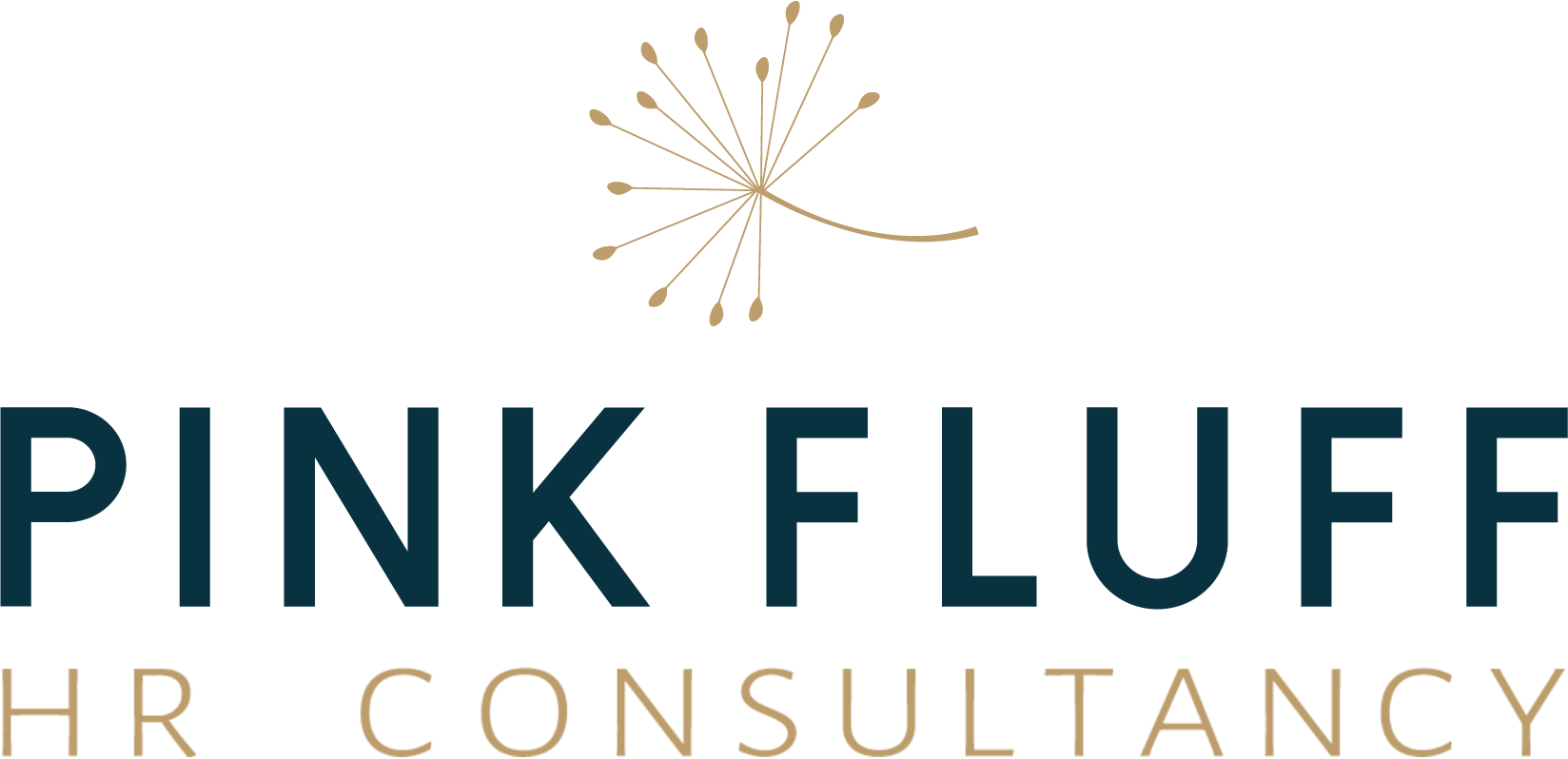The much-anticipated UEFA European Football Championship was first scheduled to go ahead in 2020 but was postponed due to the coronavirus pandemic. It is now due to resume on 11 June 2021 until 11 July 2021 but what are some of the HR issues that may arise?
Still being referred to as a 2020 tournament, the Championship this year will be a special one for many as they celebrate its 60th ‘birthday’. For this reason, the matches will not have just one host country but will instead be staged all over Europe, including at Wembley Stadium in London where the final will be held.
This means that organisations will not only need to think about issues arising from employees seeking to travel abroad for the Championship matches but also those hoping to watch the final right here in the UK, depending on coronavirus restrictions at the time. It may be that organisations allow their employees to take annual/unpaid leave for this (with Great Britain’s travel traffic light system in mind) meaning staff shortages will need to be addressed.
Alternatively, organisations may wish to devise a way of keeping staff up to date with match scores. This does not mean allowing all staff unlimited use of the internet throughout the Championship games, but organisations could consider assigning one person to keep track of scores and disseminate the information to others. Other ways include screening matches in the workplace or allowing a radio – a licence may be needed to do this, however.
However organisations choose to handle the situation, it is worth implementing or updating policies and procedures relating to this issue. Whether it be policies on sickness absence, absence notification, annual leave, or internet usage, organisations are advised to make sure all staff are aware of the rules so they know what the minimum standards are that they must adhere to. This way, they cannot allege that they did not know that they were breaking a rule.
That said, even fun events in the workplace genuinely supported by organisations can create some disharmony. This means making sure all teams are represented within the organisation and are given equal billing so that some staff are made to feel less important than others. Having a zero-tolerance approach to behaviour that could be deemed as harassment will work towards discouraging potentially discriminatory behaviour.
Furthermore, with the coronavirus pandemic in mind, it is important that organisations continue to enforce social distancing measures for as long as they are legally obliged to do so. Where staff are still working from home or are hybrid working, it is advisable that if a dip in productivity is observed – in a male colleague, for example – it is not assumed that this is because they are watching Championship matches.
Making such an assumption, and/or dismissing an employee on that basis, without following a proper procedure could lead to claims of discrimination or unfair dismissal. Instead, line managers can manage the situation on a case-by-case basis, taking the employee’s specific situation into account – it may be that they are experiencing burnout or stress.

